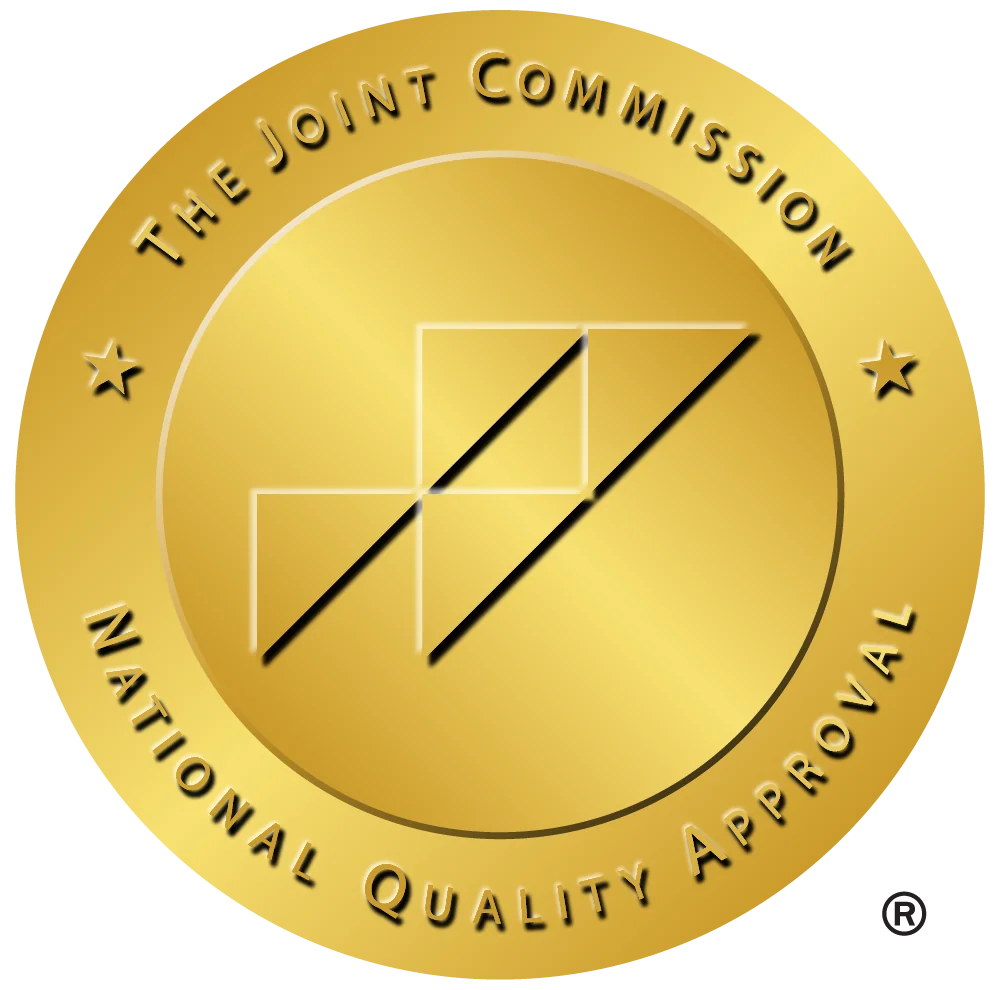At Revive Health Recovery, we understand the importance of prioritizing mental well-being and its impact on every aspect of life. Whether it’s enhancing cognitive functioning, improving physical health, or building resilience, taking care of your mental health is essential. If you’re searching for effective mental health treatment near me, our comprehensive services provide the support you need to regain balance and improve your quality of life. In this blog post, we’ll explore why mental health care is so crucial and how seeking the right treatment can lead to a healthier, more fulfilling future.
Why is mental health care so important
Mental health care is vital for everyone, as it influences not just how we feel but also how we think and interact with the world. Often, the symptoms of mental health issues can be “invisible,” making it crucial to recognize when your mental well-being is declining.
Taking care of your mental health offers numerous benefits:
- Cognitive Functioning: Good mental health enhances clarity of thought, allowing for better concentration, decision-making, and problem-solving. When you’re feeling anxious or depressed, these cognitive processes can falter.
- Physical Health Connection: Mental health is deeply linked to physical health. Conditions like fatigue or sleep disturbances can be rooted in mental health issues. Addressing these can lead to significant improvements in your overall health.
- Building Resilience: Strong mental health helps you handle life’s challenges more effectively. Resilience allows you to maintain balance during tough times.
- Improving Relationships: Good mental health enhances social interactions, helping you develop meaningful connections and establish healthy boundaries with others.
- Positive Self-Image: A healthy mental state supports self-esteem, enabling you to recognize your strengths and maintain a positive self-view.
- Overall Well-Being: Managing your emotions is key to overall well-being. It involves acknowledging your feelings while ensuring they don’t overwhelm you.

Mental health care is essential for a fulfilling life and cannot be overlooked. It influences every aspect of our well-being, from cognitive functioning to relationships. To further explore how to take care of your mental health, stay tuned for practical tips and resources in the next section of our article. Taking proactive steps towards mental wellness is a journey worth embarking on.
How to take care of your mental health
Our mental well-being demands the same dedicated attention we give to our physical health. Self-care is key to managing stress, boosting energy, and improving overall well-being. Maintaining a healthy mind requires a multifaceted approach. Here are some impactful yet accessible tactics to incorporate into your daily routine:
- Get Regular Exercise: Just 30 minutes of walking each day can lift your mood and enhance your health. Remember, small amounts of exercise add up, so don’t worry if you can’t do it all at once.
- Eat Healthy Meals: A balanced diet and staying hydrated can improve your focus and energy levels. Pay attention to how caffeine and alcohol affect your mood, and consider cutting back if needed.
- Prioritize Sleep: Establish a sleep schedule and aim for enough rest. Reducing blue light exposure from screens before bedtime can help you fall asleep more easily.
- Try Relaxation Activities: Explore meditation, yoga, or breathing exercises. Schedule a regular time for activities you enjoy, like listening to music or spending time in nature.
- Set Goals and Priorities: Focus on what needs to be done now and what can wait. Learn to say “no” when you feel overwhelmed, and celebrate your daily accomplishments.
- Practice Gratitude: Reflect on what you’re grateful for each day. Writing these down can help shift your focus to the positive aspects of your life.
- Stay Connected: Lean on loved ones and nurture meaningful relationships to foster a strong foundation for your mental well-being.

Self-care is a fluid practice that adapts to your changing needs and circumstances. It’s a deeply personal journey of exploration, where you uncover the unique practices and rituals that replenish your mind, body, and spirit. It may take some trial and error, but the rewards of finding your optimal self-care blend are immeasurable. From creative pursuits to quiet moments of solace, the path to true rejuvenation is yours to define.
How to improve mental health
Improving mental health involves a combination of strategies tailored to your unique needs. Here are effective ways on how to have a good mental health:
- Lifestyle Changes: Adopting healthy habits can significantly enhance your mental well-being. Regular exercise, a balanced diet, adequate sleep, and stress reduction techniques like meditation or mindfulness contribute to a more positive state of mind.
- Psychotherapy: Engaging in talk therapy with a trained mental health professional can help address various concerns. Approaches like cognitive behavioral therapy (CBT) or dialectical behavior therapy (DBT) are effective in managing issues such as anxiety and depression.
- Support Groups: Connecting with others through peer support groups or group therapy can provide a sense of community. Sharing experiences and coping strategies with those who understand your challenges can be incredibly beneficial.
- Medication: In certain instances, a healthcare professional may prescribe medication to help manage symptoms effectively. Common choices include antidepressants, anti-anxiety drugs, and mood stabilizers.
- Other Therapies: Consider integrating complementary practices such as acupuncture, specialized yoga, or art therapy into your routine. These methods can offer valuable support and contribute positively to your mental well-being.

Taking proactive steps to improve your mental health is crucial for your overall well-being. In the next section, we will delve deeper into specific techniques and resources that can help you maintain good mental health and support your loved ones in their journey.
How to have good mental health
Nurturing your mental health is vital for a balanced and thriving life. While there are various strategies to improve mental health, seeking professional help is crucial. Centers like Revive Health Recovery offer valuable knowledge and experience in supporting individuals through their mental health journeys.
Professional guidance can provide personalized strategies that fit your needs. Whether you’re facing stress, anxiety, or other challenges, trained experts can help you navigate these issues effectively. Remember, reaching out for help is a strong step toward better mental health.
In addition to seeking help, simple practices like staying active, engaging in enjoyable activities, and maintaining social connections can also contribute positively to your mental well-being. However, the expertise offered by professionals can make a significant difference in your recovery and growth.

Conclusion
In conclusion, mental health care is vital for maintaining overall well-being. It impacts every aspect of our lives, from our emotions and relationships to our physical health. By prioritizing mental health, seeking professional help when needed, and engaging in positive daily practices, you can enhance your quality of life. Remember, taking care of your mental health is not just important—it’s essential. Don’t hesitate to reach out for support and make mental health a priority in your life and the lives of those around you.
Read more:
- Do not ignore when you need mental health help!
- What Are Mental Health Disorders? Understanding these 6 most common disorders worldwide today
- What is mental illness? 7 common types mental disorders you must know
- Removing top 5 barriers to mental health treatment – where to start?







